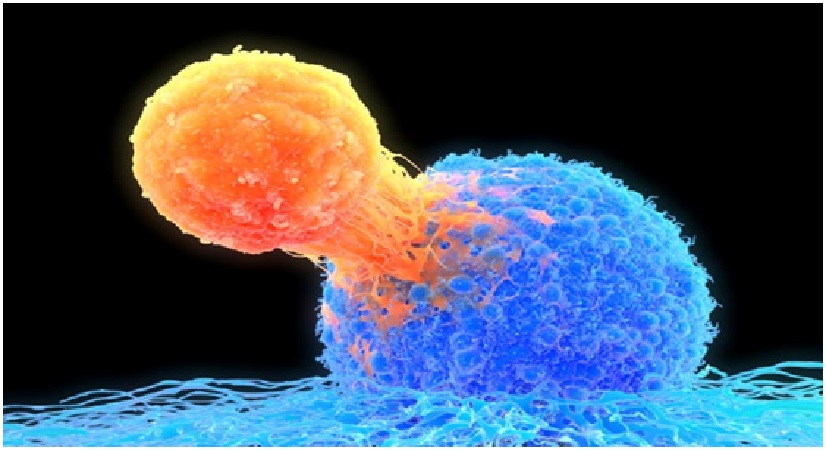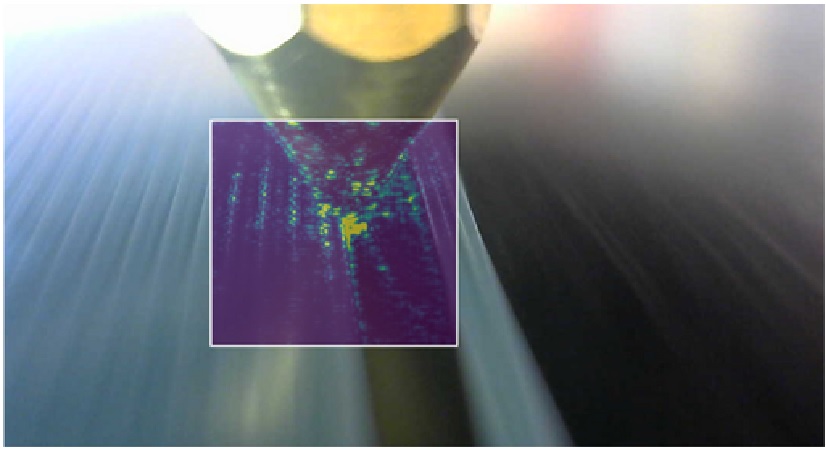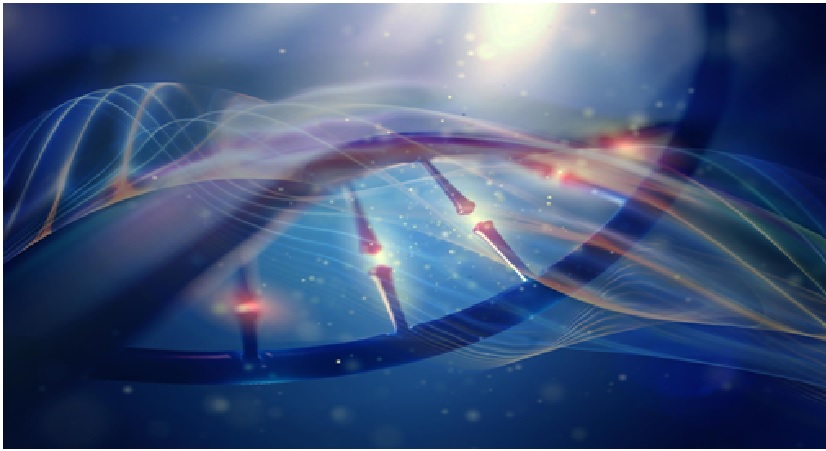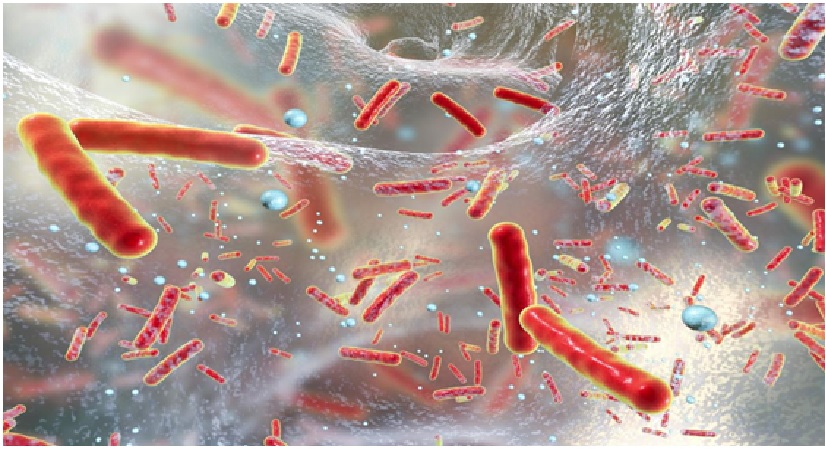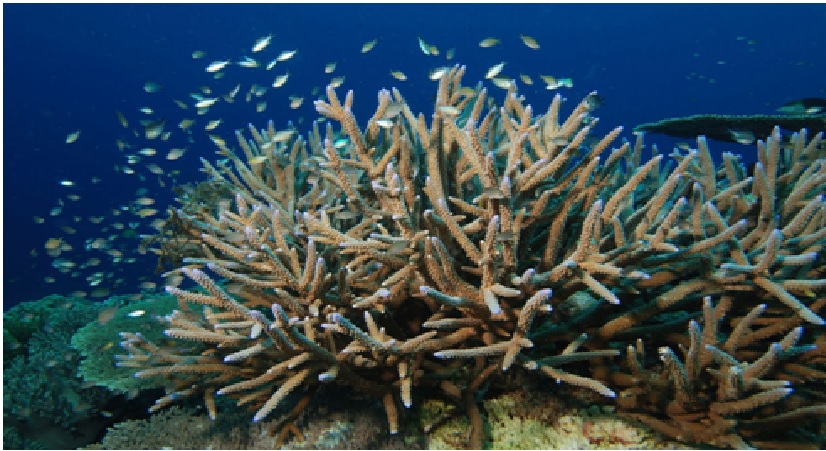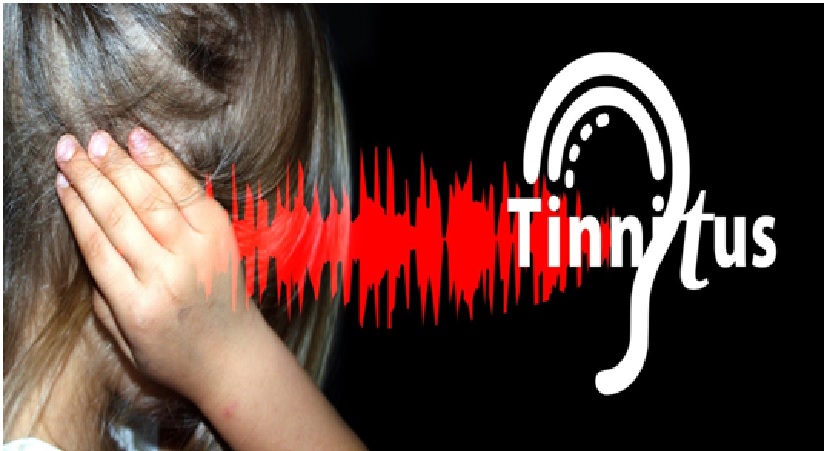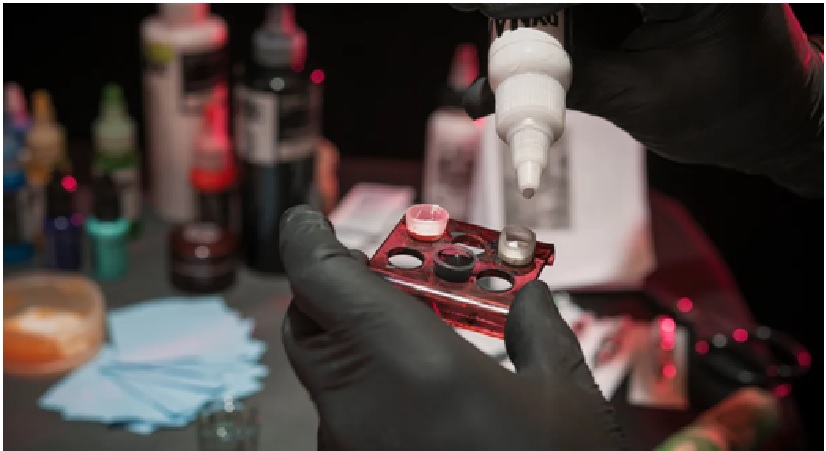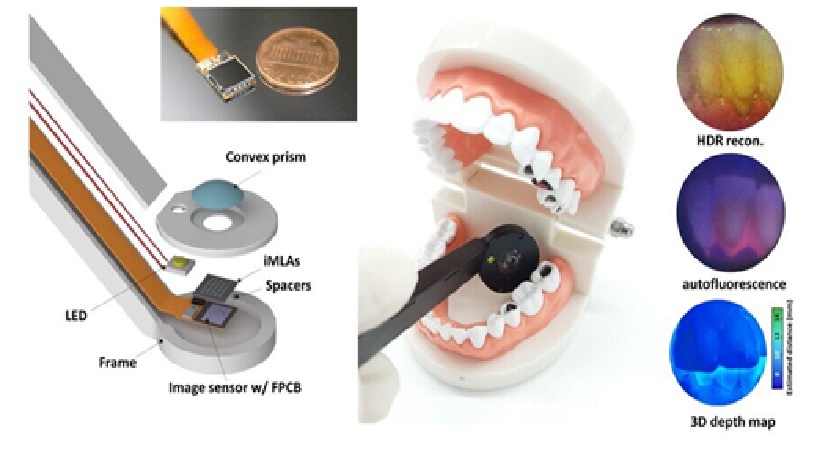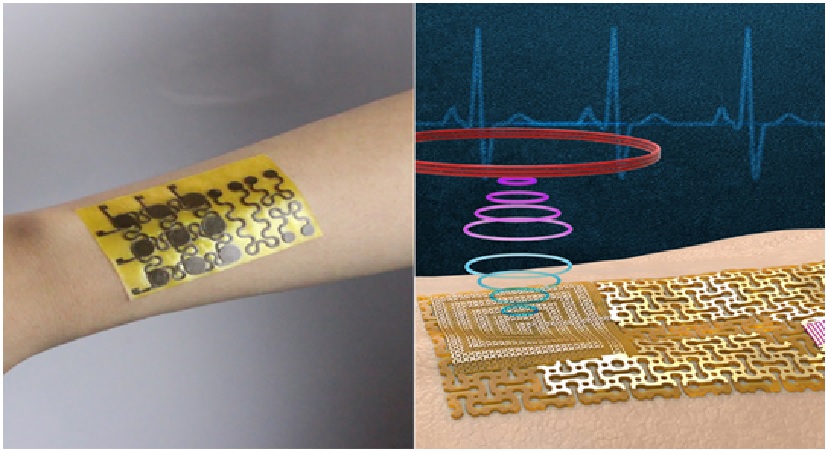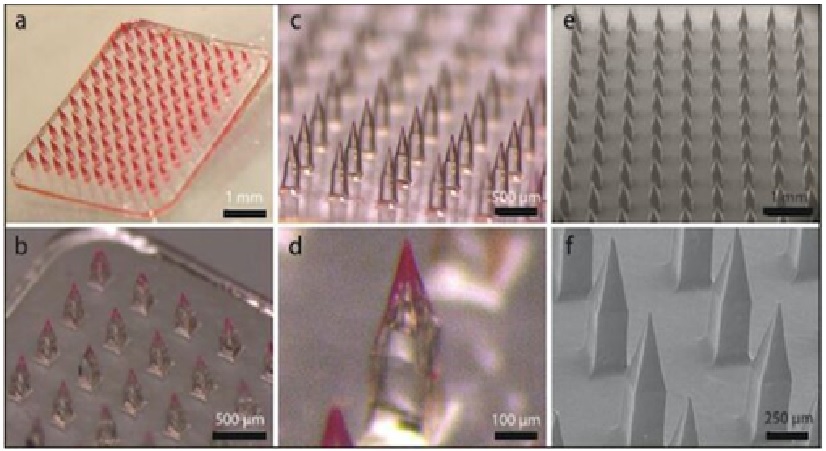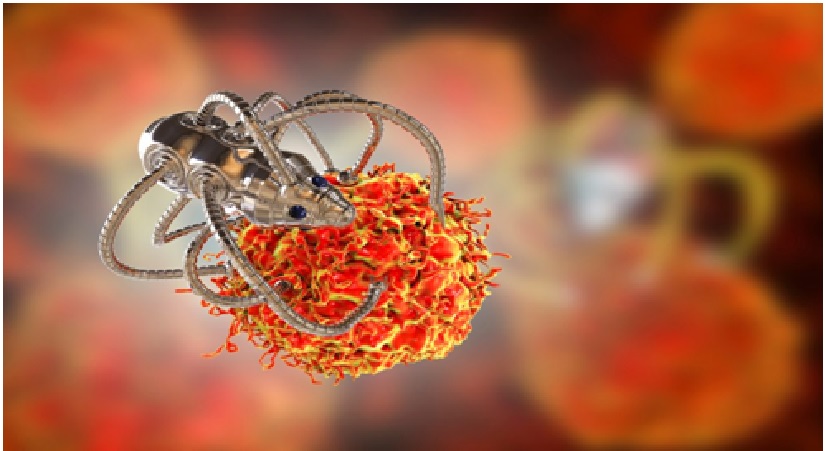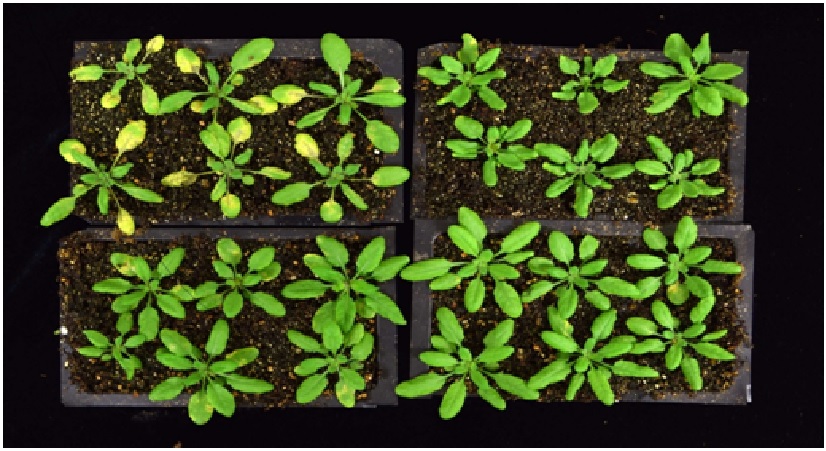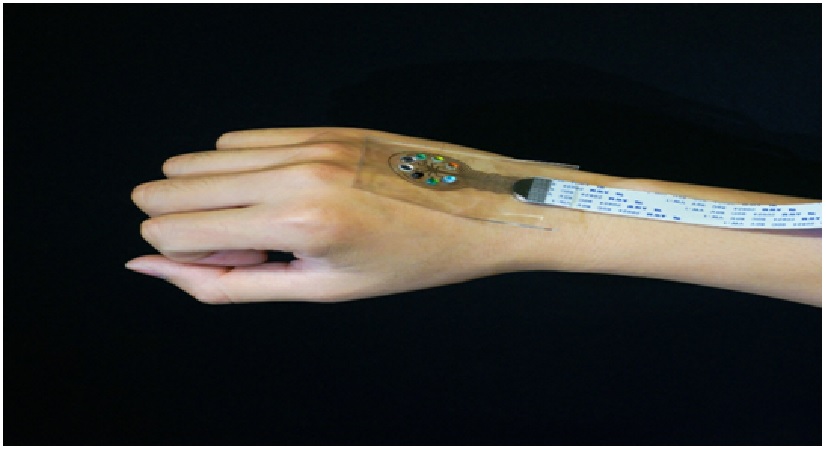Fibroblasts Sensitize Cancer Cells to Therapy
Moffitt Cancer Center researchers shed light on these conflicting studies and demonstrate that cancer-associated fibroblasts can promote or inhibit drug sensitivity based on the type of tumor cell and the drug used for treatment.

Figure 1: Fibroblasts can promote drug sensitivity based on the type of tumor.
Figure 1 shows thatthe research team determined the impact of cancer-associated fibroblasts on drug responses among different non-small cell lung cancer cell lines. They discovered that the presence of cancer-associated fibroblasts had varying effects on tumor cells based on both the type of non-small cell lung cancer and the drug used for treatment. [1]
They discovered that the presence of cancer-associated fibroblasts had varying effects on tumour cells based on both the type of non-small cell lung cancer and the drug used for treatment.
Interestingly, normal lung-associated fibroblasts never sensitized cells to drug treatment, suggesting that cancer-associated fibroblasts secrete a factor that causes differential responses to drug treatment in a cell-context manner. [2]The researchers compared cancer-associated fibroblasts to normal fibroblasts to identify factors that would produce these disparate effects.
They found that cancer-associated fibroblasts had alterations in the levels of secreted proteins that are part of the insulin-like growth factor (IGF) signaling pathway, which is involved in cell growth, death and migration. Specifically, cancer-associated fibroblasts secreted higher levels of proteins called IGF binding proteins (IGFBPs), which inhibit IGF signaling, and lower levels of IGFs, which activate IGF signaling.
In combination, these alterations result in inhibitory effects on the IGF signaling pathway. The researchers found that IGFBPs sensitized lung cancer cell lines to EGFR inhibitor treatment, while IGF proteins induced resistance to EGFR inhibitor treatment.
They identified that survival signaling in response to EGFR inhibitor treatment was dependent on the proteins IGF1R and FAK, which are both parts of the IGFBP signaling pathway. Importantly, they discovered that drugs that blocked the activity of IGF1R and FAK sensitized mutant EGFR lung cancer cells to EGFR inhibitors, suggesting that this combination approach may be effective in the clinic.
“These results highlight tumor suppressive effects competing with otherwise tumor-promoting effects of cancer-associated fibroblasts and add to the growing evidence that eliminating cancer-associated fibroblasts in an undifferentiated way may be detrimental to cancer therapy,” said Lily Remsing Rix [3]
References:
- https://theprint.in/health/researchers-find-cancer-related-fibroblasts-induce-drug-sensitivity/1086428/
- https://www.hindustantimes.com/science/study-finds-cancer-related-fibroblasts-have-effects-based-on-cell-drug-used-101660737645419.html
- https://www.timesnownews.com/health/study-finds-cancer-related-fibroblasts-have-effects-based-on-cell-drug-use-article-93629536
Cite this article:
Sri Vasagi K (2022), Fibroblasts Sensitize Cancer Cells to Therapy, materials and systems, AnaTechMaz, pp.94


